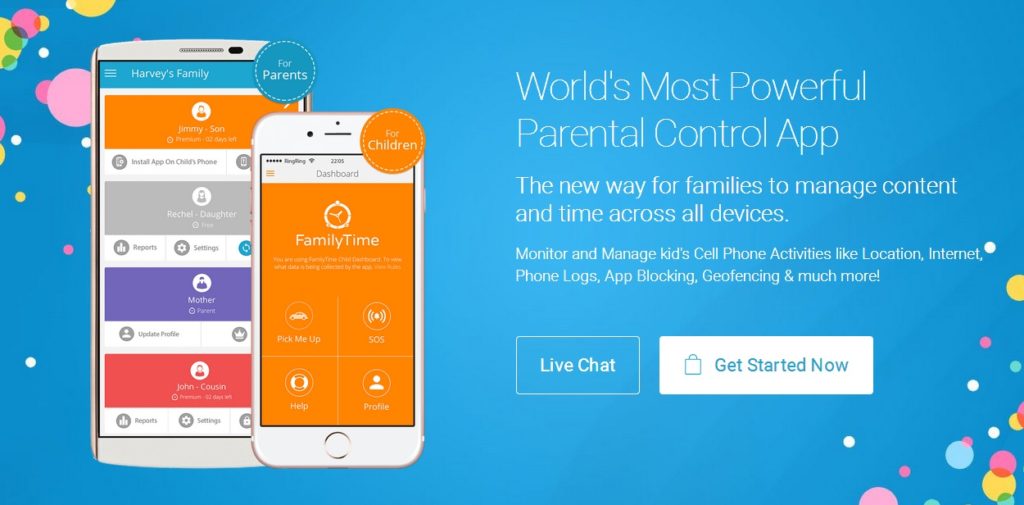In a world where technology is gradually dictating our lives, most of us have forgotten what genuine happiness is like. Our stressful lives are also shadowing those of our children’s. Being introduced to technology at a very early age, they are addicted to technology in no time. In a scenario like this, it is very important to take up some tasks along with our children that act as stress busters to us, even while nourishing the psychological well-being of kids and connecting to our roots. So here are few such tasks, which will enable you to have a healthy yet happy time with your little ones:
- Gardening: It is one of those hobbies, which relaxes our entire being and is very therapeutic. Studies show that gardening significantly reduces cortisol levels, thereby improving our mood. Introducing your child to this activity gives them a learning experience. It makes them relax and helps them stay focused, which in turn improves their memory and concentration. Most importantly, both of you can have loads of fun while spending quality time with each other.
- Pets: Raising a pet is a very good choice as it becomes an excellent companion to your child. In addition, the task of taking care of the pet will make them empathetic, will teach them to be responsible, and will also help them socialize. For adults, engaging with the pet helps lower their blood pressure, stress and anxiety levels. It will also pull you up from depression. Choose a pet that is compatible with your home. Cats, for example, are best suited for those who prefer less action in their lives. Dogs, on the other hand, are for livelier homes. You also have other choices like fish and birds, or you can go for exotic pets like ferrets. For more information on different types of pets, you can check online sites like petsarethebest.net.
- Nature outings: It can be as inexpensive as a park or a picnic in some beautiful place. Spending time in nature is good for the well-being of you and your child. Teaching your child to appreciate and respect nature will help them develop a sense of responsibility towards it, which is extremely essential for the present generation.
- Nurture their talents: Teach them what you know. It could be a musical instrument, singing, dancing, cooking, crafts or even games you played as a child. Make sure it is something you both enjoy. Don’t be overzealous and stress your child towards perfection. Do not forget that the main objective is to spend fun time together. Alternatively, you and your child can take an activity you both are new to and learn with each other. That will be even more fun.
These tasks maybe sometimes bland and boring in the beginning, but when you remember the motive behind them, you can make ways to convert them into fun-filled activities. Remember spending quality time with your child is as important as working hard for them.

 Image – Pexels
Image – Pexels  Image – Pexels
Image – Pexels  Image – Pexels
Image – Pexels  Image – Pexels
Image – Pexels  Without a doubt, electronic gadgets, digital media, and technology have become an inseparable part of our lives. Be it adult, teenagers or younger kids, every other person feels tempted to be attached to screens. As a parent, one caters many challenges due to the increasing popularity of smartphones and trends like selfies. Taking a 100 selfies in a day clearly distracts your child from more important activities of the life, affecting their academic progress in the long run. An obsession with screens can result in your child’s falling grades.
Without a doubt, electronic gadgets, digital media, and technology have become an inseparable part of our lives. Be it adult, teenagers or younger kids, every other person feels tempted to be attached to screens. As a parent, one caters many challenges due to the increasing popularity of smartphones and trends like selfies. Taking a 100 selfies in a day clearly distracts your child from more important activities of the life, affecting their academic progress in the long run. An obsession with screens can result in your child’s falling grades. Using FamilyTime parents can:
Using FamilyTime parents can:



